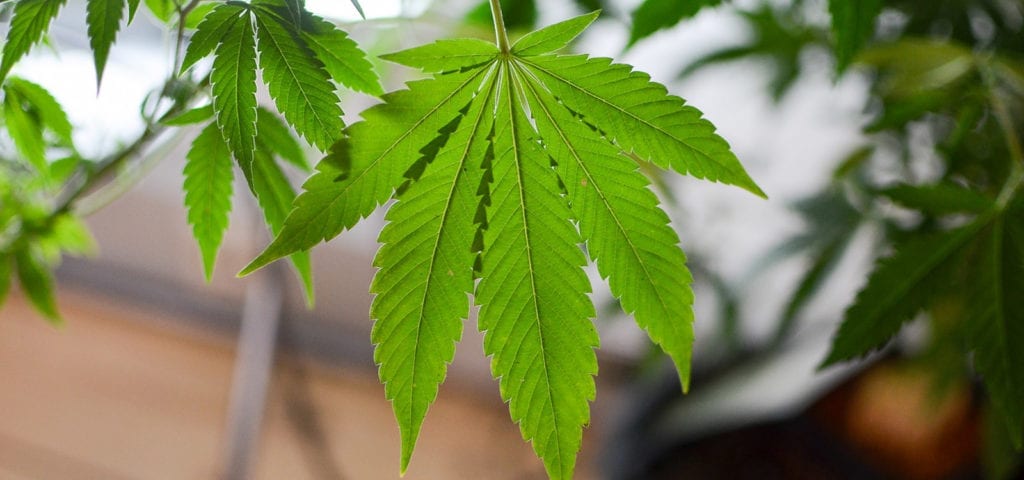One of the Colorado State University-Pueblo professors who worked on the study which concluded that legalized cannabis is not the cause of Pueblo County’s crime and homeless challenges has offered to debate the study’s critics, the Pueblo Chieftain reports. Sociology professor Tim McGettigan is defending the study after Pueblo Police Chief Troy Davenport argued that his officers see a connection between legal cannabis and homelessness on the streets and after the Chieftain ran an editorial calling McGettigan’s section of the report “junk science.”
“The authors of the impact study stand by their research. Science is a force for good because good scientists pursue the truth wherever it leads — even (or especially!) when doing so debunks lies propagated by the powerful. … Throughout history, scientists have often been attacked by narrow-minded egotists who prefer ignorance over enlightenment. The authors of the Social Impact of Cannabis Study encourage those who are interested in this subject to read the impact study and draw their own conclusions.” – McGettigan in an email to the Chieftain
McGettigan challenged the critics – including Davenport and members of the Chieftain editorial board – Publisher and President Jane Rawlings; General Manager Brad Slater; Editorial Page Editor Blake Fontenay; and Editorial Research Editor Tom McAvoy – to a debate at the Cannabis Research Conference at CSU-Pueblo in late April.
The editorial board did not indicate whether they would accept McGettigan’s challenge.
What portion are critics taking issue with? In the study, McGettigan argues that the homelessness is more likely due to the policies of utility company Black Hills Energy.
“When you have a utility kicking thousands of families out of their homes in a community where there are no more than 35,000 family homes in one year, that’s 20 percent of the homes with utilities cut off. And pushing those families out into the streets, you are definitely going to see an increase in homelessness.” – McGettigan in the study
The Chieftain editorial contends that McGettigan has already admitted that his number for the total households is incorrect and Black Hills said that service is restored to customers after their bills are paid.
“It’s reasonable to think that some number of people, while experiencing financial problems that eventually will lead to them become homeless, might have their utilities cancelled. But even if there are a significant number of these people — and the institute’s study offered no evidence that’s true — then blaming Black Hills for their fates would be like blaming the undertaker for the dead body on the slab in the morgue.” – Chieftain editorial board
However, the editorial board offers no counter-evidence – just rehashing Chief Davenport’s assertions, which must be taken at his word. The board says that the Institute of Cannabis Research could have used the funds from the study “to do more solid scientific research in areas like the medical benefits of marijuana” and hemp cultivation improvement.
